
The Majestic Peaks of Mount Kenya
Mount Kenya, the second highest peak in Africa, offers a stunning backdrop of rugged beauty and diverse ecosystems. At its highest point, Batian, the mountain rises to 5,199 meters, providing a challenge for seasoned climbers and a spectacle for all who visit. The mountain's slopes are covered in dense forests, home to unique wildlife such as elephants, buffalo, and an array of bird species, making it a haven for nature enthusiasts. The mountain is part of Mount Kenya National Park, a UNESCO World Heritage Site, which preserves the area's rich biodiversity and cultural heritage. Visitors can explore numerous hiking trails that vary in difficulty, catering to both casual walkers and serious trekkers. The Sirimon and Chogoria routes are particularly popular, offering breathtaking views and a chance to experience the mountain's diverse climatic zones. Mount Kenya is not just about the climb; the surrounding region is dotted with charming villages and vibrant markets where you can immerse yourself in the local culture. The Kikuyu and Meru communities that live around the mountain are known for their warm hospitality and rich traditions, providing a cultural experience that complements the natural beauty of the area.
Local tips in Mount Kenya
- Best time to visit is during the dry seasons from January to February and from July to September.
- Pack warm clothing as temperatures can drop significantly at higher altitudes.
- Consider hiring a local guide for a safer and more informative trekking experience.
- Visit local markets for unique souvenirs and to experience the vibrant culture firsthand.
- Stay hydrated and acclimatize gradually to prevent altitude sickness.
The Majestic Peaks of Mount Kenya
Mount Kenya, the second highest peak in Africa, offers a stunning backdrop of rugged beauty and diverse ecosystems. At its highest point, Batian, the mountain rises to 5,199 meters, providing a challenge for seasoned climbers and a spectacle for all who visit. The mountain's slopes are covered in dense forests, home to unique wildlife such as elephants, buffalo, and an array of bird species, making it a haven for nature enthusiasts. The mountain is part of Mount Kenya National Park, a UNESCO World Heritage Site, which preserves the area's rich biodiversity and cultural heritage. Visitors can explore numerous hiking trails that vary in difficulty, catering to both casual walkers and serious trekkers. The Sirimon and Chogoria routes are particularly popular, offering breathtaking views and a chance to experience the mountain's diverse climatic zones. Mount Kenya is not just about the climb; the surrounding region is dotted with charming villages and vibrant markets where you can immerse yourself in the local culture. The Kikuyu and Meru communities that live around the mountain are known for their warm hospitality and rich traditions, providing a cultural experience that complements the natural beauty of the area.
When is the best time to go to Mount Kenya?
Iconic landmarks you can’t miss
National Museum of Kenya
Explore the rich tapestry of Kenya's history and culture at the National Museum of Kenya, a premier destination for travelers seeking knowledge and inspiration.
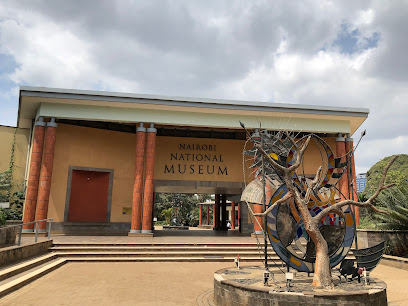
Nairobi National Park
Experience the breathtaking beauty of Nairobi National Park, where urban life meets the wild and the iconic Big Five roam free.
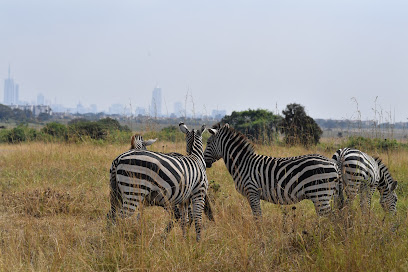
Mount Kenya National Park
Discover the breathtaking beauty of Mount Kenya National Park, where stunning landscapes and rich wildlife await every adventurer.
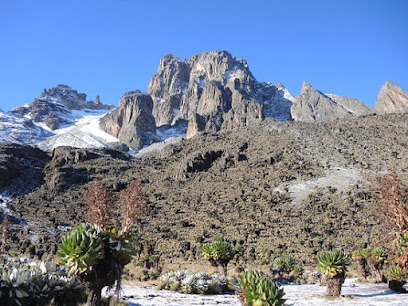
Bomas Of Kenya
Discover the vibrant culture of Kenya through traditional music, dance, and art at Bomas of Kenya, a cultural haven in Nairobi.
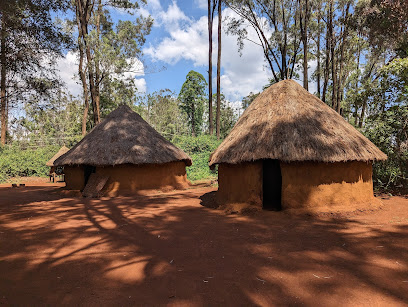
Fairmont Mount Kenya Safari Club
Discover the luxury of Fairmont Mount Kenya Safari Club, where breathtaking views and exceptional service create an unforgettable escape.

Buffalo Springs National Reserve
Discover the wild wonders of Buffalo Springs National Reserve in Kenya, where breathtaking landscapes and diverse wildlife await your exploration.
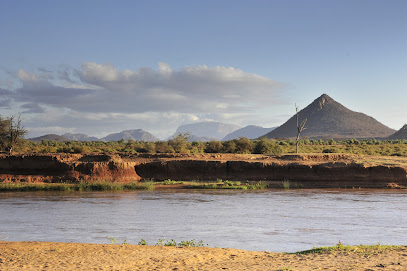
Jumba La Mtwana
Explore the rich history of Jumba La Mtwana, a stunning coastal site showcasing the legacy of ancient Swahili culture.
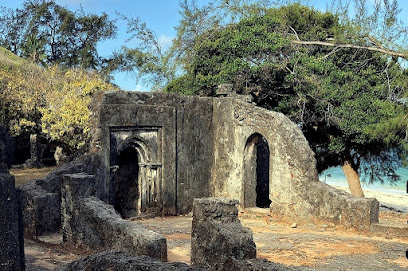
Serena Mountain Lodge
Discover the serene beauty of Serena Mountain Lodge, a luxurious retreat nestled in the heart of Mount Kenya's breathtaking landscapes.

Mount Kenya Naro Moru Park Gate
Explore the breathtaking landscapes and rich biodiversity of Mount Kenya Naro Moru Park Gate, a premier destination for nature lovers and adventure seekers.
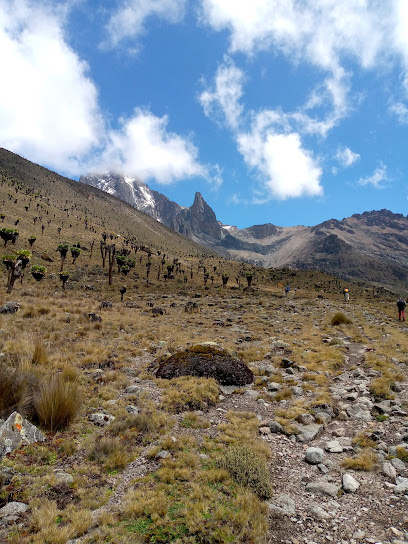
African Heritage House
Immerse yourself in the rich heritage and vibrant culture of Africa at the African Heritage House, a unique inn and museum in Athi River.

Meru Museum
Explore the cultural heart of Meru at the Meru Museum, a treasure trove of artifacts and history from the Mount Kenya region.
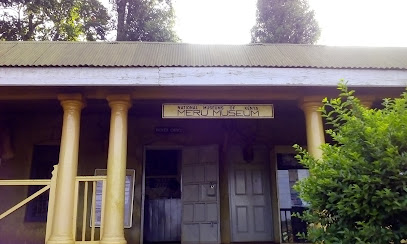
Point Lenana
Experience the thrill of conquering Point Lenana, the breathtaking peak of Mount Kenya, and enjoy stunning views like no other.
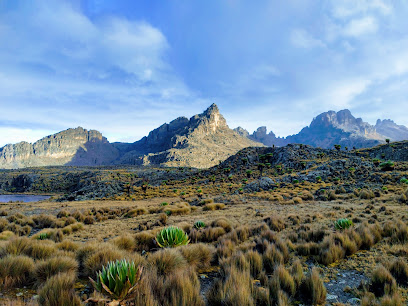
Mt Kenya Peaks View
Experience unparalleled views of Mt. Kenya's majestic peaks at Mt Kenya Peaks View, a must-visit for nature lovers and adventure seekers in Kenya.
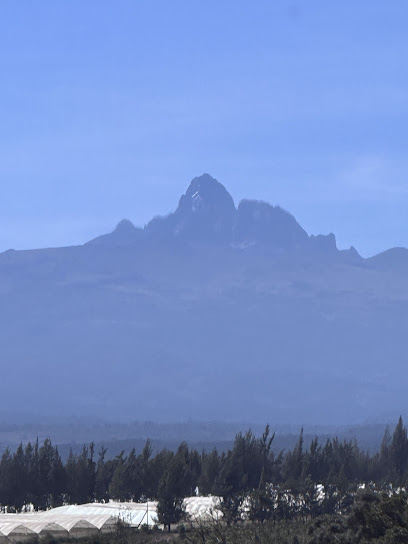
chogoria route
Discover the Chogoria Route, a stunning hiking trail leading to Mount Kenya’s majestic peaks, rich in biodiversity and breathtaking views.
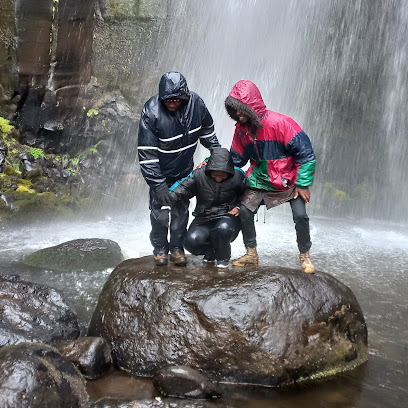
Mount Kenya Hike
Experience the breathtaking beauty of Mount Kenya with guided hikes that blend adventure, nature, and local culture in an unforgettable journey.
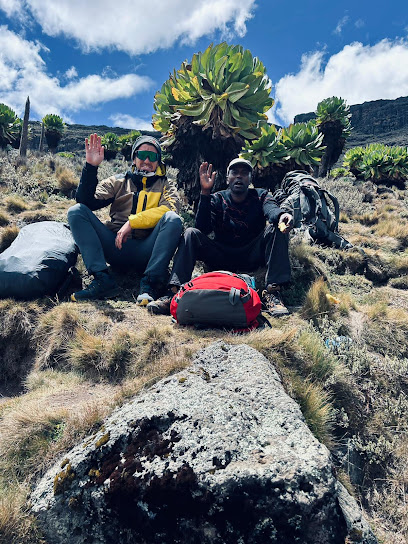
Unmissable attractions to see
Aberdare National Park
Immerse yourself in the lush landscapes and diverse wildlife of Aberdare National Park, a stunning Kenyan gem perfect for outdoor adventures and exploration.
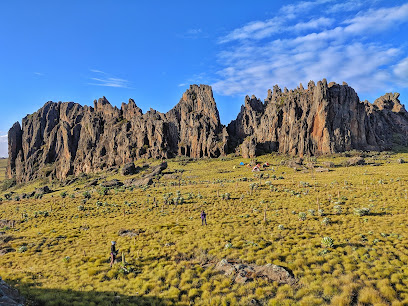
Lewa Wildlife Conservancy
Explore the enchanting Lewa Wildlife Conservancy, a haven for wildlife and nature enthusiasts, nestled in the heart of Kenya's breathtaking landscapes.
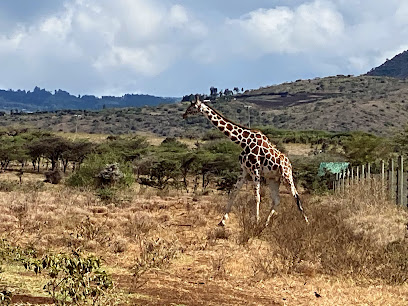
Mount Kenya Naro Moru Park Gate
Explore the breathtaking landscapes and diverse wildlife at Mount Kenya Naro Moru Park Gate, the gateway to Africa's second-highest peak.
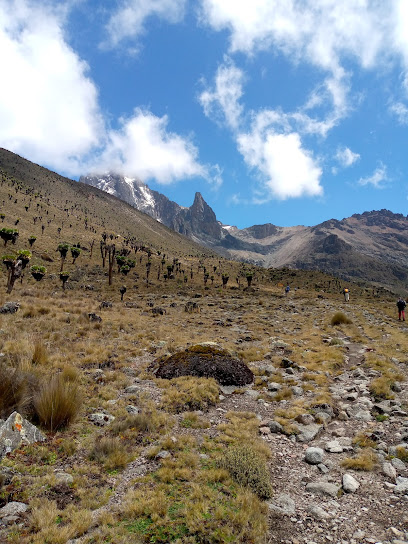
Meru Museum
Explore the captivating history and wildlife of Meru at the Meru Museum, a cultural gem in the heart of Kenya.
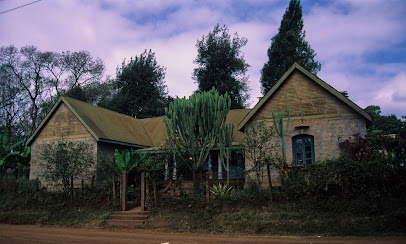
Mt Kenya National Park Gate
Explore the breathtaking landscapes and rich biodiversity of Mt Kenya National Park, a UNESCO World Heritage site and a paradise for nature lovers.
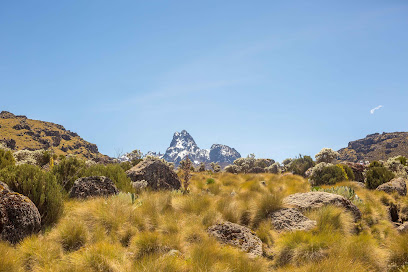
Mount Kenya Wildlife Conservancy
Discover the breathtaking beauty and wildlife of Mount Kenya at the Mount Kenya Wildlife Conservancy, a sanctuary dedicated to conservation and education.
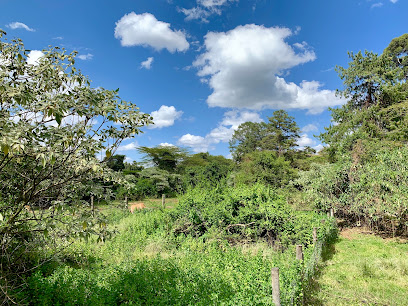
KWS Chogoria Gate - Mt. Kenya National Park
Discover the breathtaking wildlife and stunning landscapes at KWS Chogoria Gate in Mt. Kenya National Park, a must-visit for every nature lover.
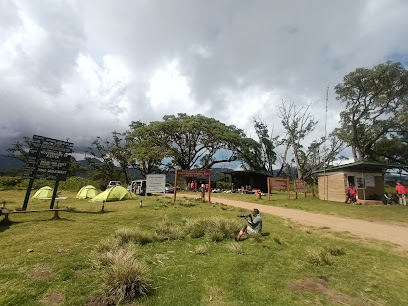
Ragati waterfalls
Explore the breathtaking Ragati Waterfalls in Nyeri, Kenya – a serene escape surrounded by nature's beauty.
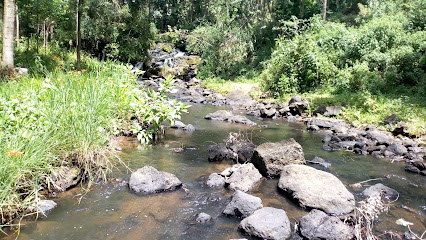
Equator
Stand at the Equator in Nanyuki, Kenya, and experience the unique blend of culture, adventure, and breathtaking landscapes at the center of the world.
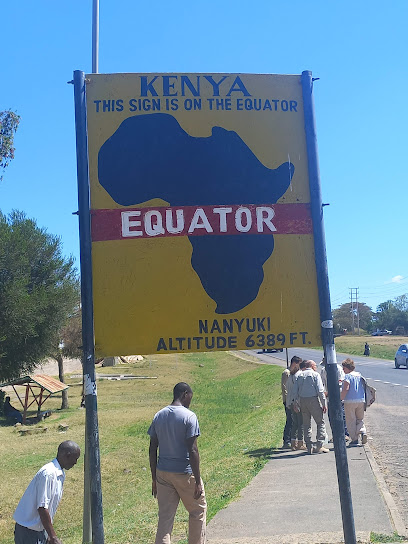
Chogoria Roadhead Campsite
Experience the beauty of Kenya at Chogoria Roadhead Campsite, the perfect blend of adventure and comfort amidst nature's wonders.
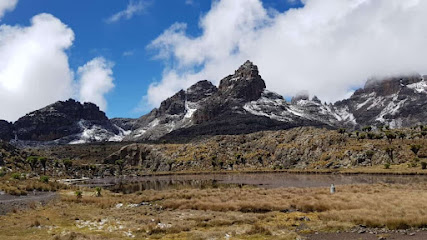
Nithi Falls
Discover the serenity of Nithi Falls, a captivating hiking area in Kenya, where nature's beauty meets adventure and tranquility.
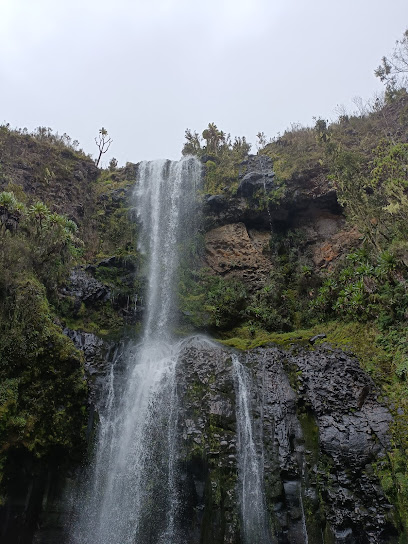
Point Lenana
Explore the breathtaking beauty and exhilarating adventure of hiking Point Lenana, the iconic peak of Mount Kenya, perfect for nature lovers.
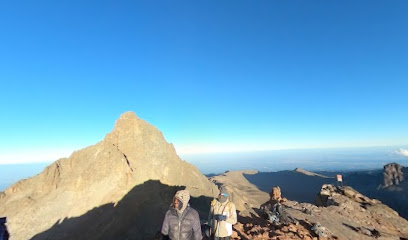
chogoria route
Experience the breathtaking beauty of the Chogoria Route, a premier hiking trail on Mount Kenya offering stunning landscapes and rich biodiversity.
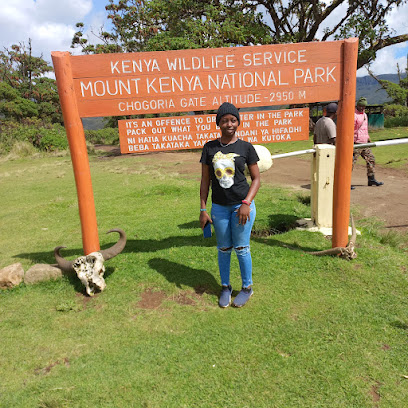
Mount Kenya Forest
Explore Mount Kenya Forest, a breathtaking national park rich in biodiversity, stunning landscapes, and adventure opportunities in the heart of Kenya.
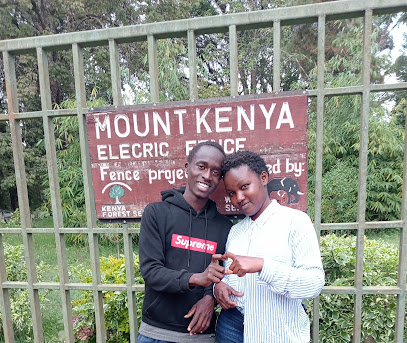
Irine Falls
Explore the stunning beauty of Irine Falls in Meru, Kenya, where nature's serenity meets captivating landscapes, perfect for adventure seekers and nature lovers.
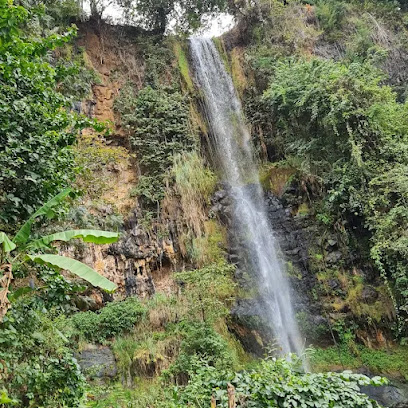
Essential places to dine
Fairmont Mount Kenya Safari Club
Discover unparalleled luxury amidst breathtaking landscapes at Fairmont Mount Kenya Safari Club – your gateway to adventure and relaxation.

Trout Tree Restaurant
Experience delightful cuisine at Trout Tree Restaurant in Nanyuki - where nature meets exceptional dining.
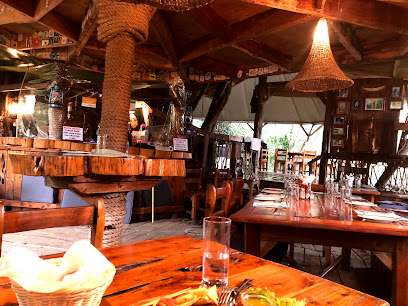
Barney's Bar and Restaurant
Experience exquisite dining at Barney's Bar and Restaurant with stunning views of Mt. Kenya in Nanyuki, Laikipia.
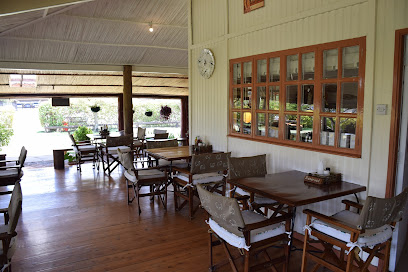
Gawanaz Grill Makutano
Discover Gawanaz Grill Makutano: A Culinary Haven Offering Delicious Grilled Delights Amidst Stunning Views in Nanyuki.
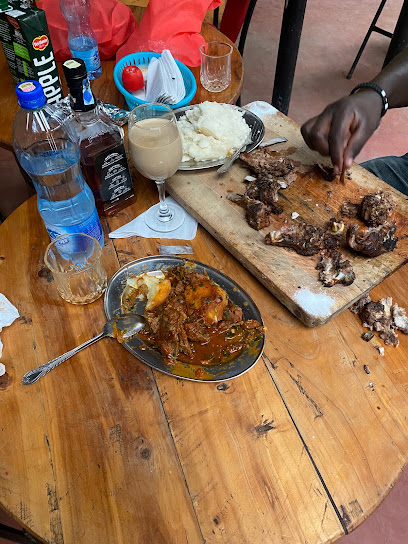
Bantu Lodge
Experience authentic Kenyan cuisine amidst breathtaking landscapes at Bantu Lodge in Nyeri.
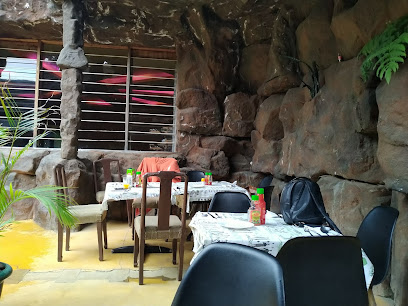
mlimaview gardens
Discover delicious grilled cuisine surrounded by breathtaking nature at Mlimaview Gardens in Kenya.
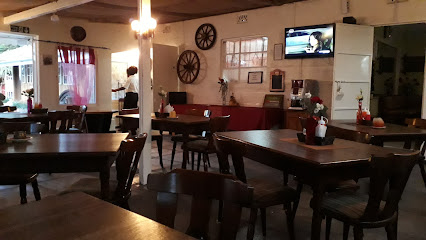
The Nook Cafe & Bar
Discover The Nook Cafe & Bar: A culinary haven in Nanyuki offering delicious meals and refreshing drinks in a vibrant atmosphere.
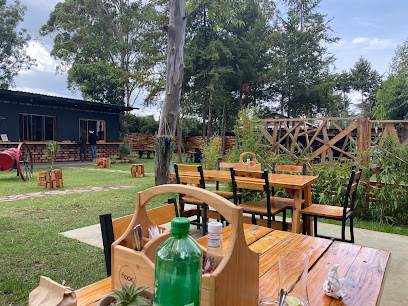
Angiri Camp,Nanyuki
Experience nature's beauty at Angiri Camp in Nanyuki - where adventure meets comfort in an unforgettable outdoor retreat.
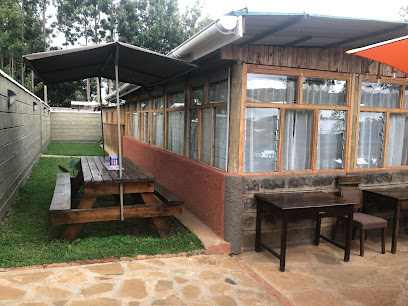
Nyama Choma Village Nanyuki
Discover the heart of Kenyan gastronomy at Nyama Choma Village Nanyuki – where every meal is a celebration of flavor.
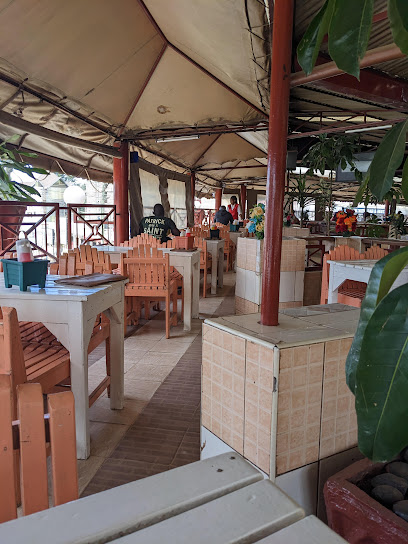
Airmens Mess
Experience delicious meals in Nanyuki at Airmens Mess, where local flavors meet international cuisine in a warm and welcoming atmosphere.
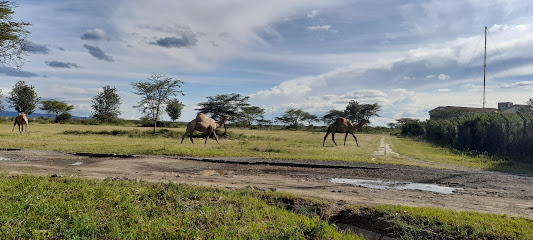
Urban Smoke Kenya
Experience the vibrant flavors of India and beyond at Urban Smoke Kenya – Nanyuki's top destination for food lovers seeking variety.
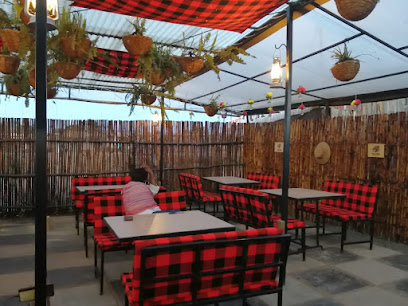
The Croft
Discover Nanyuki's culinary gem at The Croft – where barbecue meets breathtaking views.
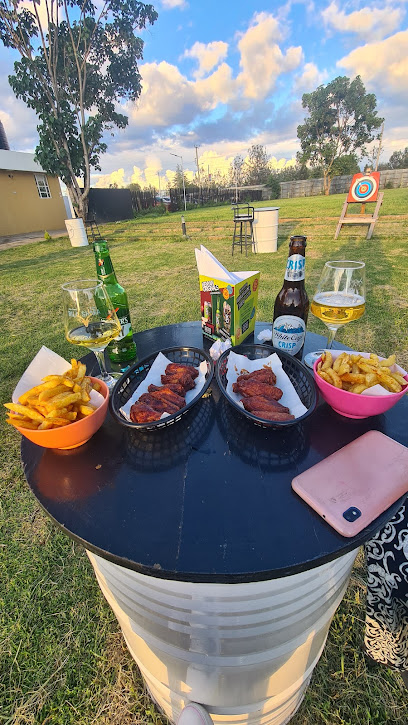
Le Rustique Restaurant
Discover authentic Mediterranean flavors at Le Rustique Restaurant in Nanyuki - where exquisite cuisine meets warm hospitality.
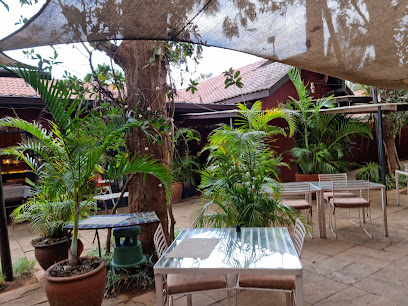
Mountain Valley Resort - Kimunye
Discover tranquility at Mountain Valley Resort - Kimunye: A perfect blend of delicious cuisine and stunning natural beauty.
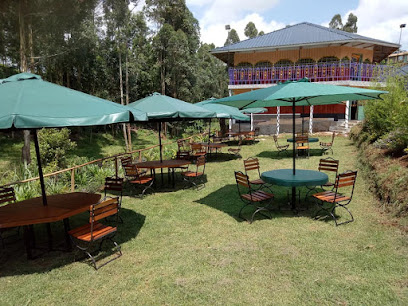
La Mensa Italiana
Experience authentic Italian flavors at La Mensa Italiana in Nanyuki – where every dish tells a story.
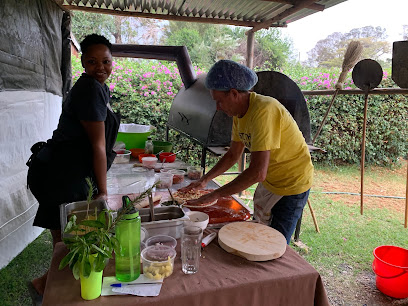
Markets, malls and hidden boutiques
Mount Kenya National Park
Discover the breathtaking landscapes and rich biodiversity of Mount Kenya National Park, a UNESCO World Heritage site in the heart of Kenya.
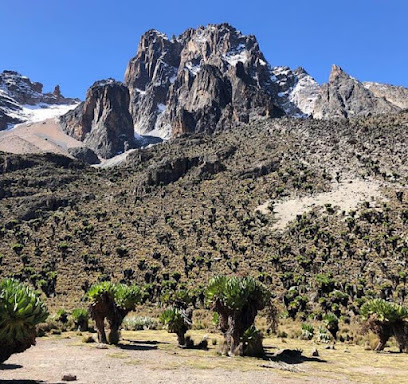
Mt Kenya Peaks View
Discover the breathtaking beauty of Mt. Kenya Peaks View, a paradise for nature lovers and adventure seekers alike.
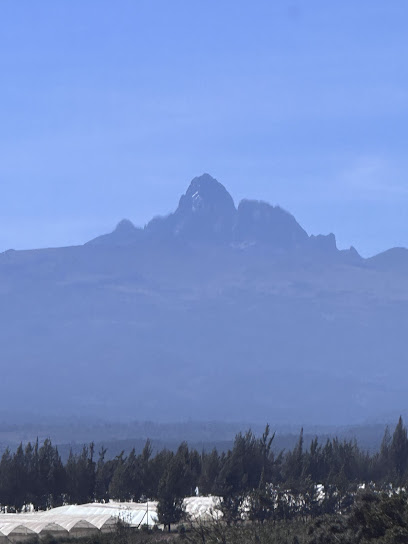
Mountain View Curio Shop
Explore the Mountain View Curio Shop for authentic Kenyan crafts and unique souvenirs that capture the spirit of your travels.
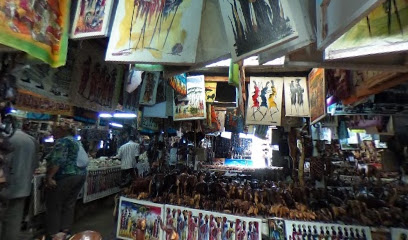
Agri-Biotech Farm International
Explore sustainable farming practices and biotechnology at Agri-Biotech Farm International in the stunning Mt. Kenya region.
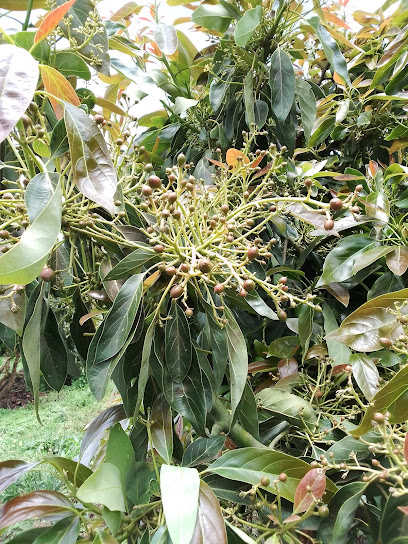
Buy online kenya culture
Discover the essence of Kenya at Buy Online Kenya Culture, where local crafts, cuisine, and community spirit come together in a vibrant shopping experience.
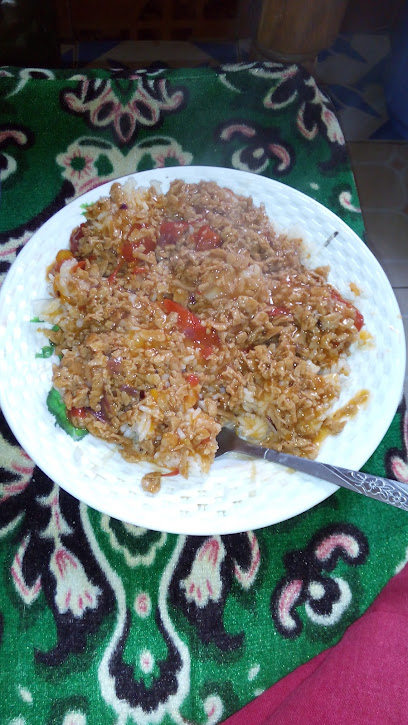
Kirimis shop
Discover Kirimis Shop in Mureru Farm: your destination for unique locally crafted home goods and authentic souvenirs.
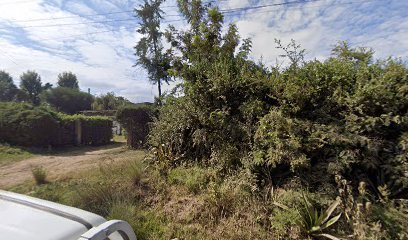
Reuben Ngalava
Discover the essence of Kenyan fashion at Reuben Ngalava, where local styles meet modern trends in a vibrant shopping experience.

Pazian
Explore Pazian in Gatunga: A cultural treasure trove of local crafts, traditional goods, and a warm community spirit.

KD
Explore KD, a premier reptile store in Kenya, where you can encounter exotic snakes, lizards, and turtles in an educational and thrilling environment.

Kithyoko
Explore the vibrant local culture at Kithyoko, Gatunga's premier destination for unique crafts and fresh produce.

Ole Tee Base
Explore the vibrant styles of Gatunga at Ole Tee Base, where local craftsmanship meets contemporary fashion in a unique shopping experience.

Gallery beauty boutique
Explore the elegance and unique style of women's fashion at Gallery Beauty Boutique, a vibrant shopping destination in Kenya.

House of entertainment and accessories
Explore top-quality electronics and accessories at the House of Entertainment and Accessories in Mountain Mall, your ultimate shopping destination in Kenya.

Kiki's Store
Discover Kiki's Store in Kenya for all your beauty supply needs, featuring a wide range of cosmetics, skincare, and hair care products.

mama mark super market
Discover authentic Kenyan culture at Mama Mark Super Market, the vibrant general store offering local produce and everyday essentials.
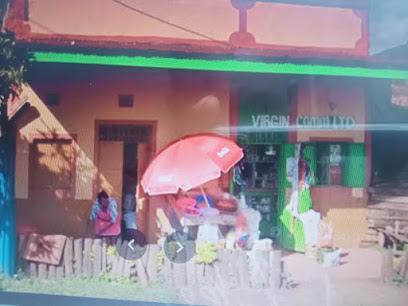
Essential bars & hidden hideouts
Makuti Bar
Discover the lively atmosphere of Makuti Bar in Timau, where local drinks and warm hospitality create unforgettable nights out.
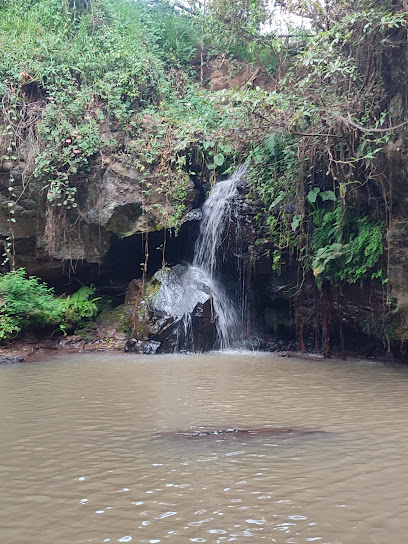
Cheers Pub
Experience the vibrant nightlife at Cheers Pub, a local favorite in Timau, known for its welcoming atmosphere and diverse drink selection.
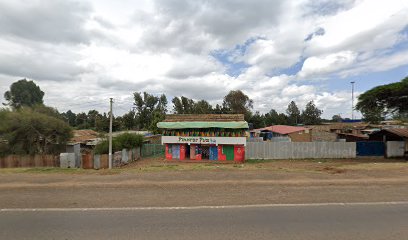
Pub Kimberly & Restraunt
Discover the flavors of Kenya at Pub Kimberly & Restaurant, a grill lover's paradise on the Meru-Nairobi Highway in Nkubu.
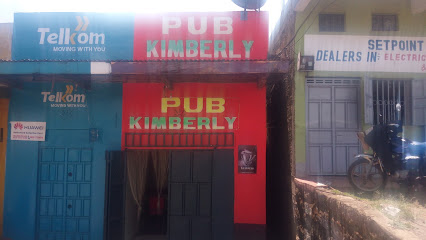
Club Buffalo
Discover the lively spirit of Nyeri at Club Buffalo, a bar filled with local culture, great drinks, and unforgettable experiences for tourists.

ZEBRA BAR AND RESTAURANT
Discover the vibrant flavors of Kwa Makara at Zebra Bar and Restaurant, where grilling meets great ambiance for an unforgettable dining experience.
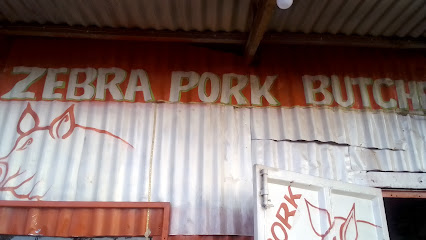
CLASSIC BAR
Experience the charm of Classic Bar, the perfect stopover before your adventure in Mount Kenya National Park.
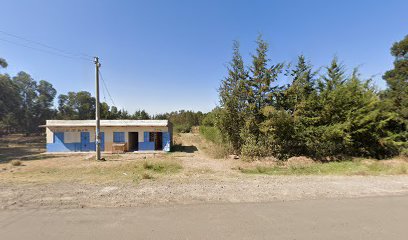
Luna Park Bar & Restaurant.
Experience the vibrant atmosphere of Luna Park Bar & Restaurant in Kenya, where delicious cuisine meets lively entertainment.
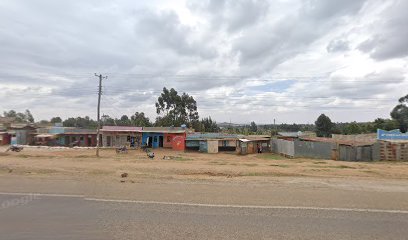
Mt Kenya View Point Bar Rest
Discover tranquility and stunning views at Mt Kenya View Point Bar Rest, the perfect spot for relaxation in the heart of nature's beauty.
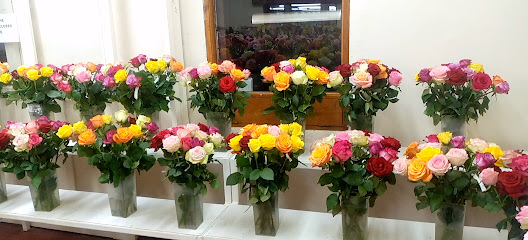
Kim's Pub
Discover the lively spirit of Kenya at Kim's Pub, a vibrant bar perfect for unwinding and enjoying local culture.
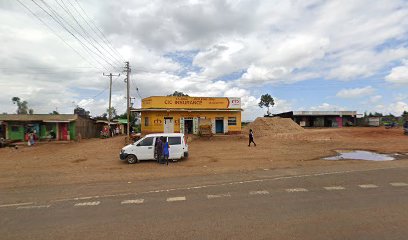
PASSWORD BAR
Discover Password Bar, a lively nightlife hub along Ridgemount - Kiambagathi Rd, offering a fantastic selection of drinks and vibrant local culture.

Royal Summit Pub
Discover the lively Royal Summit Pub in Kenya Builders Pipeline for a taste of local culture, drinks, and entertainment in a warm, inviting setting.

Good Hope Bar and Restaurant
Discover authentic Kenyan cuisine and a friendly atmosphere at Good Hope Bar and Restaurant along the scenic Meru-Nairobi Highway.
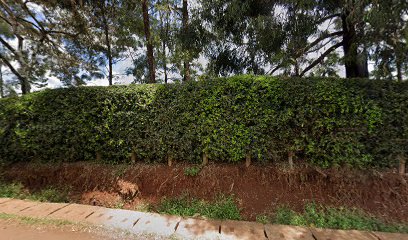
Club swings
Discover Club Swings, Nkubu's lively bar, blending local charm with a vibrant atmosphere for an unforgettable night out.
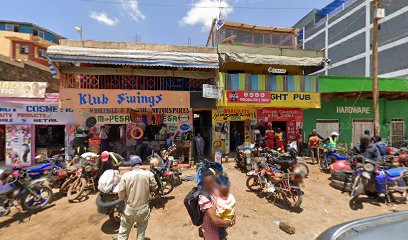
Lion pub
Experience the vibrant local culture at Lion Pub in Kieni, a cozy bar for travelers to unwind with drinks and good company.

Local Phrases about Mount Kenya
-
- HelloMuraho
[moo-rah-hoh] - GoodbyeKwaheri
[kwa-heh-ree] - YesEe
[eh] - NoHapana
[hah-pah-nah] - Please/You're welcomeTafadhali
[tah-fah-dah-lee] - Thank youAsante
[ah-sahn-teh] - Excuse me/SorrySamahani
[sah-mah-hah-nee] - How are you?Uko sawa?
[oo-koh sah-wah] - Fine. And you?Sawa. Na wewe?
[sah-wah. nah weh-weh] - Do you speak English?Unasema Kiingereza?
[oo-nah-seh-mah keen-geh-reh-zah] - I don't understandSiwelewi
[see-weh-leh-wee]
- HelloMuraho
-
- I'd like to see the menu, pleaseNataka kuona menyu, tafadhali
[nah-tah-kah kwoh-nah meh-nyoo, tah-fah-dah-lee] - I don't eat meatSili nyama
[see-lee nyah-mah] - Cheers!Mambo!
[mahm-boh] - I would like to pay, pleaseNingependa kulipa, tafadhali
[nee-geh-pehn-dah koo-lee-pah, tah-fah-dah-lee]
- I'd like to see the menu, pleaseNataka kuona menyu, tafadhali
-
- Help!Msaada!
[msah-ah-dah] - Go away!Ondoka!
[ohn-doh-kah] - Call the Police!Piga polisi!
[pee-gah poh-lee-see] - Call a doctor!Piga daktari!
[pee-gah dahk-tah-ree] - I'm lostNimepotea
[nee-meh-poh-teh-ah] - I'm illNinaumwa
[nee-nah-oom-wah]
- Help!Msaada!
-
- I'd like to buy...Ningependa kununua...
[nee-geh-pehn-dah koo-noo-noo-ah] - I'm just lookingNinaangalia tu
[nee-nah-ang-ah-lee-ah too] - How much is it?Bei ni ngapi?
[beh-ee nee ngah-pee] - That's too expensiveHiyo ni ghali sana
[hee-yoh nee gah-lee sah-nah] - Can you lower the price?Unaweza kushusha bei?
[oo-nah-weh-zah koo-shoo-shah beh-ee]
- I'd like to buy...Ningependa kununua...
-
- What time is it?Saa ngapi?
[sah-ah ngah-pee] - It's one o'clockNi saa moja
[nee sah-ah moh-jah] - Half past (10)Nusu saa kumi
[noo-soo sah-ah koo-mee] - MorningAsubuhi
[ah-soo-boo-hee] - AfternoonMchana
[meh-chah-nah] - EveningJioni
[joh-ee-nee] - YesterdayJana
[jah-nah] - TodayLeo
[leh-oh] - TomorrowKesho
[keh-shoh] - 1Moja
[moh-jah] - 2Mbili
[mm-bee-lee] - 3Tatu
[tah-too] - 4Nne
[nn-neh] - 5Tano
[tah-noh] - 6Sita
[see-tah] - 7Saba
[sah-bah] - 8Nane
[nah-neh] - 9Tisa
[tee-sah] - 10Kumi
[koo-mee]
- What time is it?Saa ngapi?
-
- Where's a/the...?Iko wapi...?
[ee-koh wah-pee] - What's the address?Anuani ni ipi?
[ah-noo-ah-nee nee ee-pee] - Can you show me (on the map)?Unaweza kunionyesha (kwenye ramani)?
[oo-nah-weh-zah koo-nee-oh-nyeh-shah kweh-neh rah-mah-nee] - When's the next (bus)?Basi la pili ni saa ngapi?
[bah-see lah pee-lee nee sah-ah ngah-pee] - A ticket (to ....)Tiketi (kwenda ...)
[tee-keh-tee kwehn-dah]
- Where's a/the...?Iko wapi...?
History of Mount Kenya
-
Mount Kenya, Africa's second-highest peak, was formed approximately three million years ago during the Pliocene epoch. This stratovolcano, which last erupted an estimated 2.6 million years ago, is renowned for its unique glacial and volcanic features. The mountain's rugged peaks and diverse ecosystems have made it a subject of study for geologists and ecologists alike.
-
Mount Kenya holds profound spiritual significance for the Kikuyu people, who reside in the surrounding regions. Known as 'Kĩrĩnyaga' in Kikuyu, meaning 'the place of light,' the mountain is considered the dwelling place of their supreme deity, Ngai. Traditional Kikuyu homes were often built facing the mountain, symbolizing reverence and connection to their god.
-
The first recorded ascent of Mount Kenya was achieved by British geographer and explorer Sir Halford Mackinder in 1899. His expedition marked the beginning of European exploration and interest in the mountain. During the colonial period, Mount Kenya became a focal point for both scientific study and adventure, attracting mountaineers from around the globe.
-
In 1949, Mount Kenya National Park was established to protect the mountain's unique flora and fauna. The park encompasses 715 square kilometers and is home to various wildlife species, including elephants, buffalo, and numerous bird species. In 1997, the park was designated a UNESCO World Heritage Site, recognizing its ecological and cultural significance.
-
Today, Mount Kenya is a popular destination for climbers and trekkers. The mountain offers various routes to its peaks, including the challenging Batian and Nelion summits. The Sirimon, Naro Moru, and Chogoria routes provide diverse trekking experiences, attracting adventurers from around the world. The rise in eco-tourism has also emphasized sustainable practices to preserve the mountain's natural beauty.
Mount Kenya Essentials
-
Mount Kenya is accessible via Jomo Kenyatta International Airport (NBO) in Nairobi, which is approximately 150 kilometers away. From Nairobi, you can take a bus, taxi, or rent a car to reach the towns of Nanyuki or Naro Moru, which serve as common starting points for Mount Kenya expeditions. There are also several domestic flights that connect Nairobi to Nanyuki Airstrip, making the journey shorter.
-
Local transportation options around Mount Kenya include taxis, private car hires, and matatus (shared minibuses). While taxis and private hires offer convenience and flexibility, matatus are a more economical option. For those who prefer self-driving, rental cars are available in Nairobi and Nanyuki. Ensure your vehicle is suitable for rough terrains if you plan to explore remote areas.
-
The official currency in Kenya is the Kenyan Shilling (KES). Credit cards are widely accepted in hotels, restaurants, and larger shops in towns like Nanyuki and Naro Moru. However, it is advisable to carry cash for transactions in smaller establishments and rural areas. ATMs are available in major towns, but it’s wise to withdraw sufficient cash before heading into the mountainous areas.
-
Mount Kenya is generally safe for tourists, but it is important to take standard precautions. Avoid walking alone at night and keep an eye on your belongings in crowded places. Be cautious in the towns of Nanyuki and Naro Moru, especially in less populated areas after dark. Petty crimes such as pickpocketing can occur, so stay vigilant and keep valuables secure.
-
In case of emergency, dial 999 for police, fire, or medical assistance. It is also advisable to have travel insurance that covers medical emergencies. In Nanyuki, you can find hospitals and clinics for urgent medical care. For minor health issues, there are pharmacies in the major towns. Ensure you have a list of emergency contact numbers and inform someone of your travel itinerary.
-
Fashion: Do dress in layers and wear appropriate hiking gear if you plan to trek Mount Kenya. Avoid wearing overly revealing clothing in towns. Religion: Do respect local customs and traditions. Public Transport: Do be respectful to fellow passengers and follow the matatu conductor’s instructions. Don’t eat or drink on public transport. Greetings: Do greet people with a handshake; a friendly 'Jambo' (hello) is common. Eating & Drinking: Do try local dishes and accept food offerings graciously. Don’t refuse hospitality, as it may be considered impolite.
-
To experience Mount Kenya like a local, visit the local markets in Nanyuki for fresh produce and handcrafted souvenirs. Engage with locals, as they are often welcoming and happy to share stories about their culture and the mountain. Don’t miss visiting Ol Pejeta Conservancy for a chance to see wildlife up close. For a unique experience, consider staying in community lodges or campsites to immerse yourself in local life.
Trending Landmarks in Mount Kenya
-
National Museum of Kenya
-
Nairobi National Park
-
Mount Kenya National Park
-
Bomas Of Kenya
-
Fairmont Mount Kenya Safari Club
-
Buffalo Springs National Reserve
-
Jumba La Mtwana
-
Serena Mountain Lodge
-
Mount Kenya Naro Moru Park Gate
-
African Heritage House
-
Meru Museum
-
Point Lenana
-
Mt Kenya Peaks View
-
chogoria route
-
Mount Kenya Hike
Nearby Cities to Mount Kenya
-
Things To Do in Nakuru
-
Things To Do in Nairobi
-
Things To Do in Eldoret
-
Things To Do in Kisumu
-
Things To Do in Kitale
-
Things To Do in Moshi
-
Things To Do in Arusha
-
Things To Do in Mbale
-
Things To Do in Jinja
-
Things To Do in Malindi
-
Things To Do in Lamu
-
Things To Do in Mombasa
-
Things To Do in Diani Beach
-
Things To Do in Kampala
-
Things To Do in Entebbe












